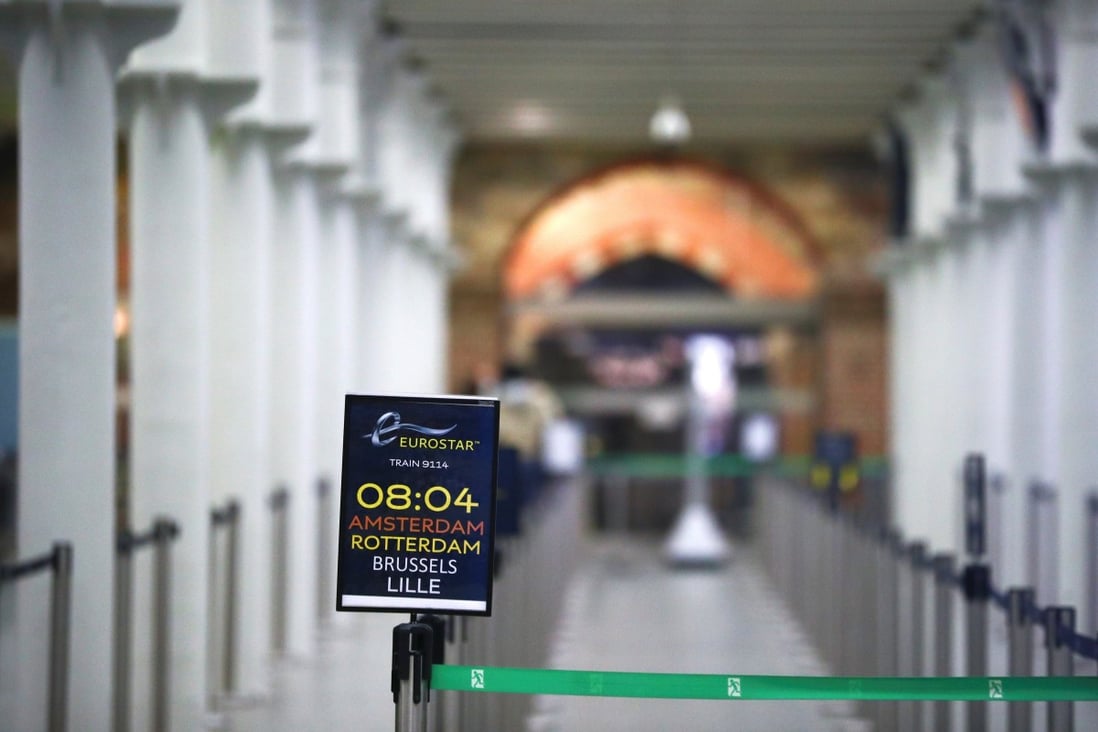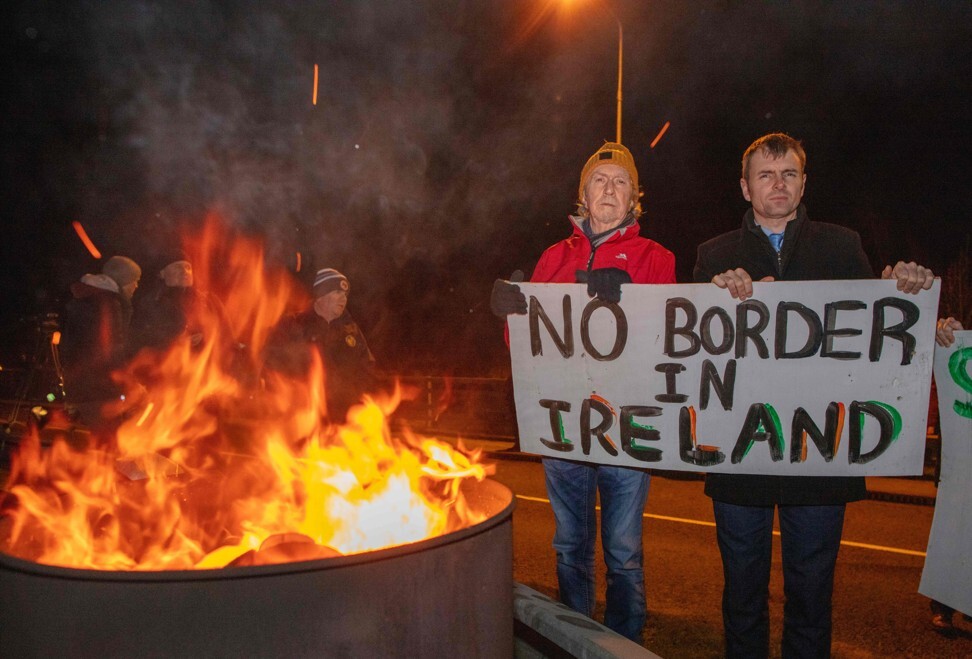M Serajul Islam | Published: 00:00, Dec 26,2020

President Donald Trump and first lady Melania Trump walk on the south lawn of the White House on December 23 in Washington, DC. — Agence France-Presse/Getty Images/ Tasos Katopodis
US PRESIDENT Trump’s days in the White House are fast coming to an end. The president-elect Joe Biden is now less than a month from becoming the 46th president of the United States that he will be when he puts his hand on the Bible and takes his oath of office at noon on January 20. Trump would now need something supernatural to stop the US constitution from showing him the exit door.
The president is nevertheless not giving up. He is desperate. He has done something as his latest desperate move to cling on to the White House that is the antithesis to the letter and spirit of the US constitution. He chaired a meeting in the White House on December 18 to discuss something that would have done credit to the infamous dictators and fascists of history like Idi Amin, Robert Mugabe or Muammar Gaddafi. He discussed the possibility of declaring the elections in the six swing states of Pennsylvania, Wisconsin, Michigan, Georgia, Nevada and Arizona, states where he lost on November 3, void and hold fresh elections there under martial law to return to power.
The president is close to becoming delusional. He has lost 60 cases in federal courts of the six swing states and two in the US Supreme Court 9–0 because of zero evidence to establish his claims of voter fraud, rigging and conspiracies to overturn his electoral defeats. Meanwhile, the electoral college met on December 14 and re-affirmed the same result that was ‘called’ by AP/CNN/FOX and other major news channels on November 7, four days after the elections that gave vice-president Biden 306 electoral votes against the president’s 232, sealing the president’s fate legally and constitutionally. The only legal and constitutional process related to the 2020 presidential elections that now remains but only as a formality is for vice-president Mike Pence, as the president of the Senate, to announce the result after the tabulation of the votes of the electoral college in the joint session of the Congress on January 6.
The unearthly martial law option came out of the minds of two disgraced individuals once close to the president, retired Lieutenant General Michael Flynn and Sidney Powell, the lawyer that the president had earlier excluded from his legal team. The president appointed Michael Flynn as the National Security adviser upon coming to power and then sacked him for lying to the vice-president and the FBI under oath. He only recently pardoned him. Lieutenant General Flynn attracted the president’s attention when he stated recently on News Max, the new favourite TV station of the president and his white supremacist base, that he had powers under the constitution to declare martial law in the six states and hold fresh elections there. He cited 64 such instances from the past, all wrongly, because none of the citations was related to election and disenfranchisement of voters.
Sidney Powell was excluded from the president’s legal team because her views were outlandish and absurd even for Rudy Giuliani, the leader of the president’s legal team, during the president’s court cases. She attracted the president’s renewed attention by her campaign, after being forced out of the president’s legal team, that the electronic voting machines used in the elections in the swing states should be seized to establish her conspiracy theory that they were linked to the CIA, Iran and China and also to Hugo Chavez who died in 2013. The president seriously considered at the meeting in the White House appointing her as a special counsel to investigate voter fraud and her conspiracy theories.
The fact that the president chaired the meeting at the White House to discuss martial law to disenfranchise millions of voters with disgraced individuals not secretly but openly together with the members of his staff in the White House underlined the depth of his despair with the end of his term now staring him in the face. For the majority of Americans and the world, these actions of the president undermined seriously America’s claim as the leader of the free world. American presidents have criticised fascists and dictators and sanctioned their regimes around the world for the same sort of actions that president Trump is now considering taking, actions that his opponents in the country are calling seditious.
Trump came to power riding the slogan ‘Make America Great Again’. He would be leaving America to his successor as a country on the edge, domestically and internationally, while he ran an administration that was all about himself, an administration where narcissism motivated him in everything he did. Domestically, as the next president, Joe Biden would have to deal with the effects of an ongoing pandemic, aptly described as the pandemic of the century, with 18.2 million infected and 322,000 dead, with both counts rising, where his lack of leadership is major reason for the country’s current dire predicament. Internationally, the incoming president will inherit an America that Trump has made fragile by distancing from traditional allies and weakening traditional alliances with an isolationist foreign policy.
Many Americans outside the president’s base would like to believe that Trump is an aberration to sidetrack the national embarrassment that his anti-American and anti-democratic actions to remain in power have caused. Nevertheless, the aberrations that America and the rest of the world has seen on the country’s political stage have not been aberrations of the president’s alone. Republicans in the Senate and the House of Representatives have actively and willingly indulged the president in his aberrations, beginning with their refusal to accept Joe Biden as the president-elect despite not even an iota of evidence to the contrary. One hundred and twenty-six Republicans in the House supported the president’s frivolous case at the US Supreme Court even when they knew that there was zero evidence to support his claims and that his case was undemocratic and unconstitutional and it intended to disenfranchise millions of American voters.
Joe Biden will, therefore, have enormously tough domestic and international challenges as the next president, challenges that no past president for a very long time faced upon entering office. He will have an equally challenging task waiting for him that no new president in recent US history has been called to deal; to rebuild Americans’ faith in democracy and the constitution that president Trump has pushed to the edge. He will be challenged to the limits of his abilities because he will have to deal with tens of millions of his citizens in whose minds president Trump has successfully established the blatantly false narrative that he won the elections by voter fraud, rigging and conspiracies.
Postscript: The US army issued an official statement nipping the president’s outrageous martial law option in the bud. Nevertheless, Americans will do themselves a big favour if they turned to Socrates who reminded Plato in a passage in the latter’s famous book The Republic that ‘tyranny is probably established out of no other regime than democracy.’ They will do themselves another favour if they turned to another wise saying, ‘eternal vigilance is the price of freedom.’ Trump has taken them to the edge. They should look at his actions as warnings and not as aberrations to return from the brink.
M Serajul Islam is a former career ambassador. He writes from Maryland, USA.

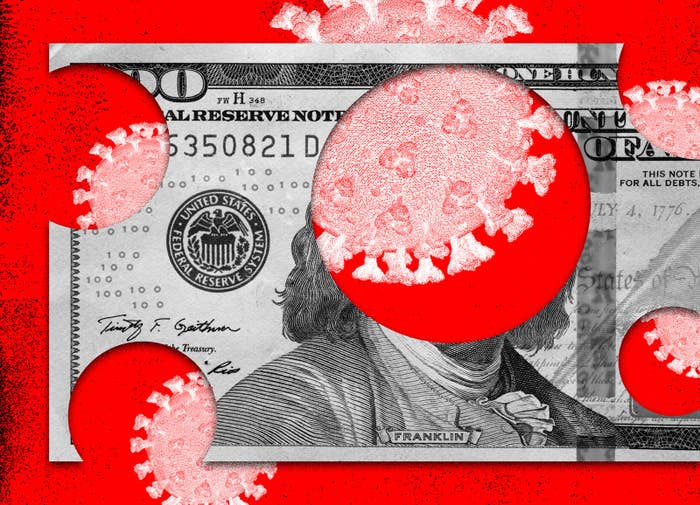
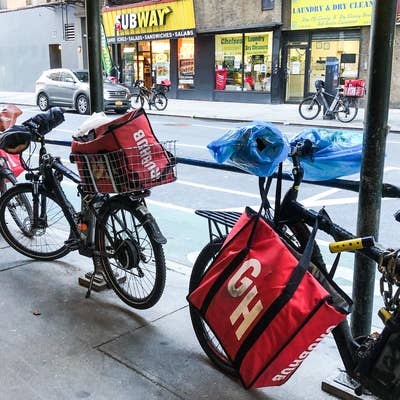

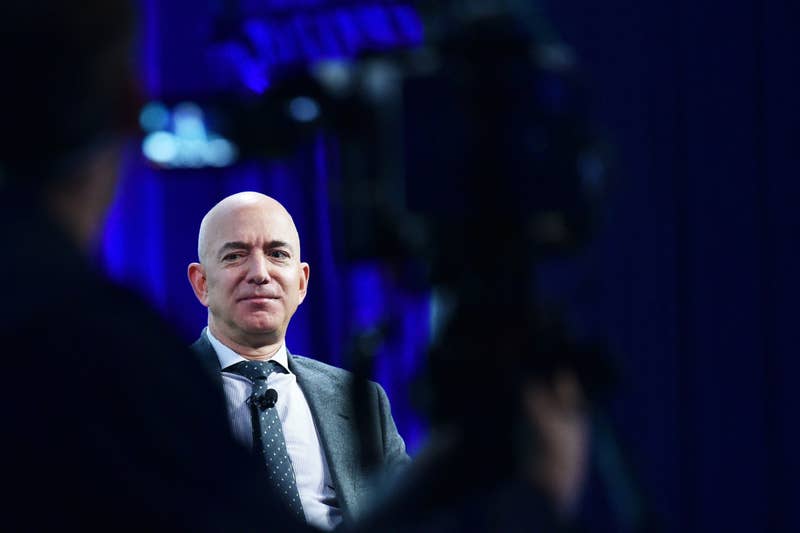
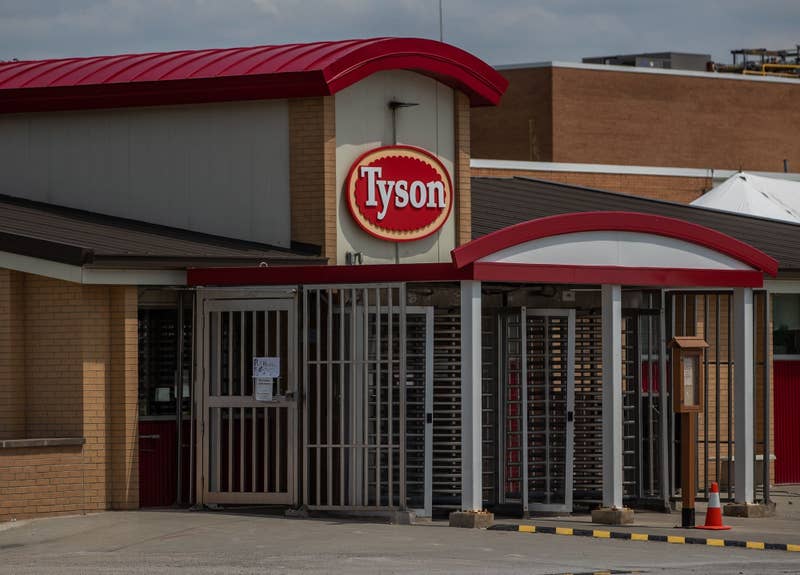

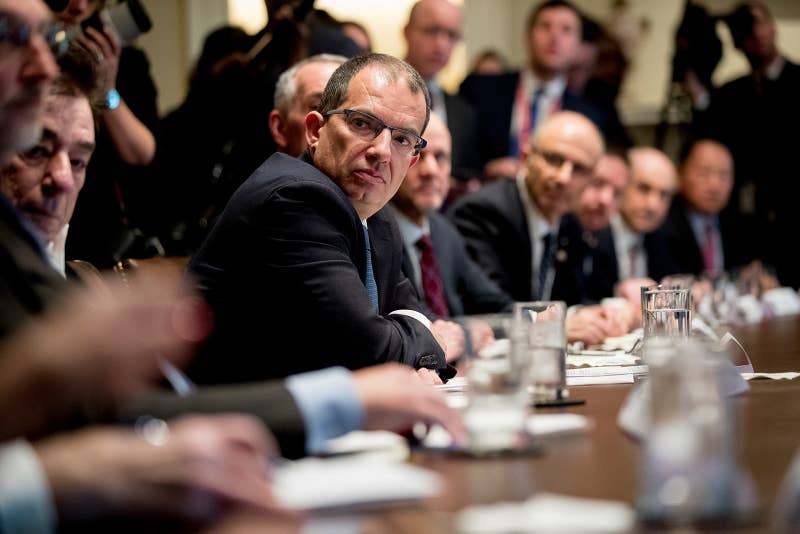
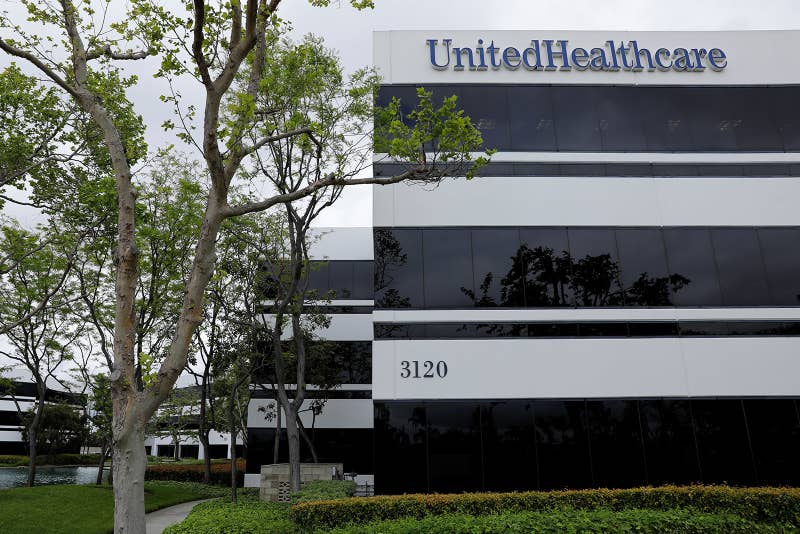
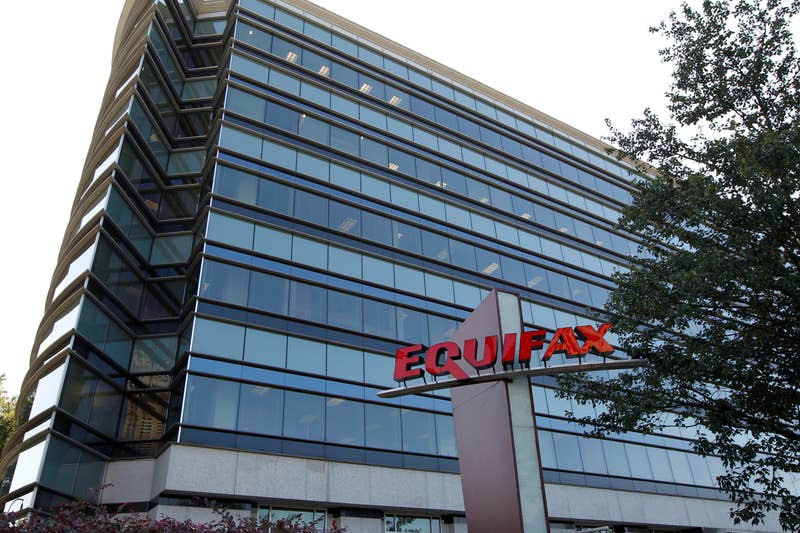
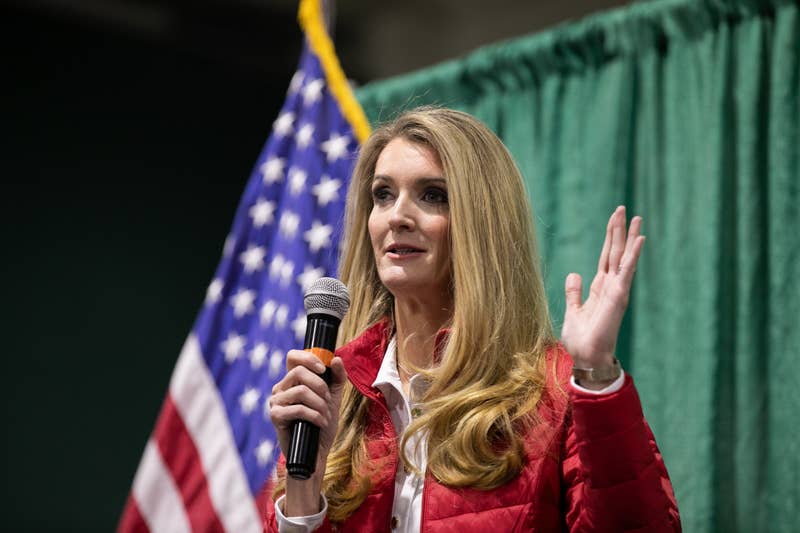
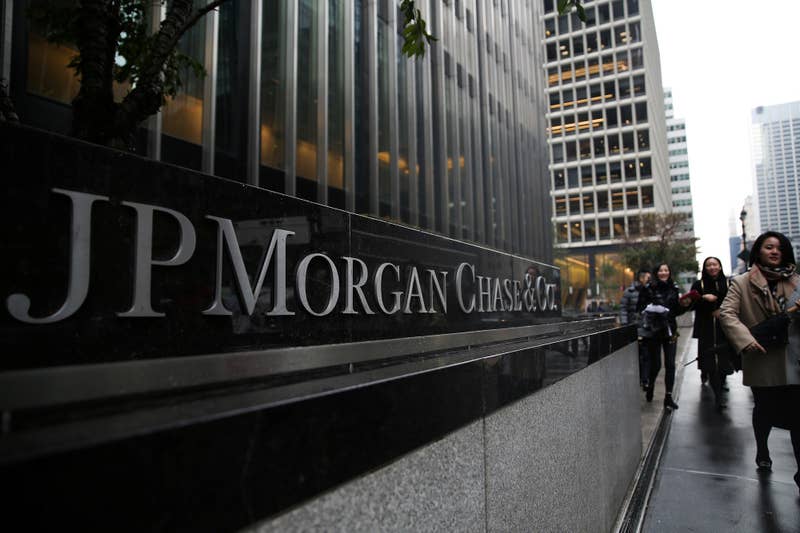



 © Getty Images Farmers resist reforms designed to destroy livelihoods
© Getty Images Farmers resist reforms designed to destroy livelihoods